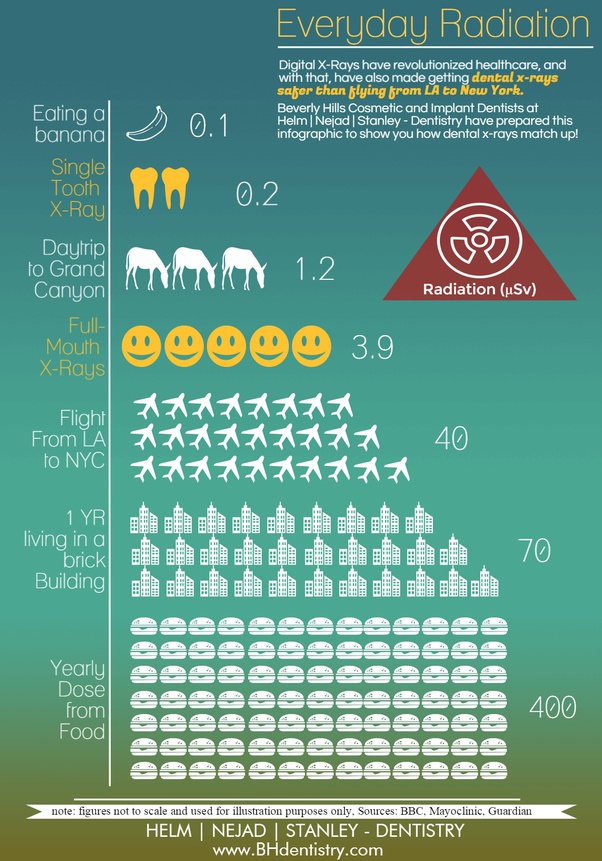While preserving natural teeth is always the goal, there are times when removing a tooth becomes the best option for oral health. Whether due to severe damage, infection, or overcrowding, extractions are sometimes necessary to prevent further complications. If you're experiencing discomfort, consulting a dental professional can help determine whether removal is the right step.
Here are six common reasons why individuals might need a tooth extraction:
Cavities develop when bacteria erode tooth enamel, creating holes that can reach the inner layers of the tooth. If left untreated, decay can spread to the pulp, leading to infection and intense pain. In some cases, a root canal can save the tooth, but if the damage is too extensive, extraction may be necessary to stop the infection from spreading to other teeth or even into the bloodstream.
In the late teens or early twenties, wisdom teeth, commonly referred to as third molars, usually develop. However, many people do not have enough space in their jaw for these teeth to erupt properly. Impacted wisdom teeth can remain trapped beneath the gums or grow at an incorrect angle, causing pain, swelling, and infection. Removing these teeth is often recommended to prevent discomfort and protect overall oral health.
Gum disease, or periodontitis, is a serious infection that damages the soft tissue and bone supporting your teeth. In its advanced stages, gum disease can lead to loose teeth that no longer have a stable foundation. When periodontal treatment cannot restore the affected teeth, tooth extraction in Kenilworth becomes the best option to stop the infection from spreading and to prepare for possible restorative solutions, such as dental implants or dentures.
For individuals undergoing orthodontic treatment, extractions may be required to create space for proper tooth alignment. Overcrowding occurs when teeth are too large for the jaw or are misaligned, preventing proper positioning. Removing one or more teeth can help ensure a straighter and healthier smile.
Accidents, falls, or sports-related injuries can lead to cracked, fractured, or completely broken teeth. While minor fractures can often be repaired with fillings or crowns, severe trauma may leave a tooth too damaged to be saved. In such cases, extraction is the best solution to prevent pain, infection, or further oral health issues. If you've suffered a dental injury, it's crucial to seek immediate care to determine the best treatment.
Certain medical conditions and treatments, such as chemotherapy, radiation therapy, and organ transplants, weaken the immune system, making the body more vulnerable to infections. If a patient has a compromised tooth that poses a risk of infection, a dentist may recommend extraction as a preventive measure.
While the idea of losing a tooth can be concerning, sometimes it's the best course of action to protect your overall oral and general health. Whether due to decay, gum disease, injury, or orthodontic reasons, extractions can prevent future dental emergencies in Kenilworth and pave the way for a healthier smile.
If you're experiencing persistent tooth pain or other dental concerns, consult with a trusted dentist to explore your options and ensure the best care for your teeth and gums. Call now at 908-274-3170!

Accessibility Menu